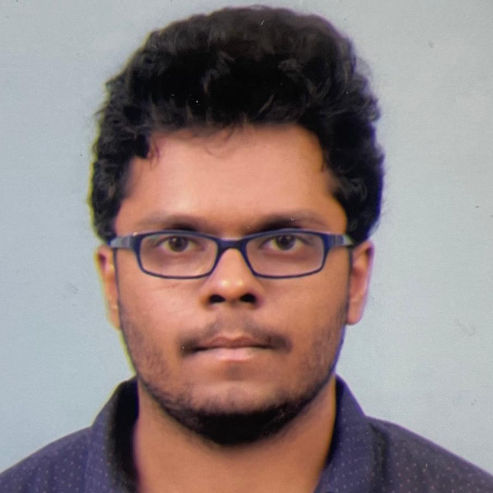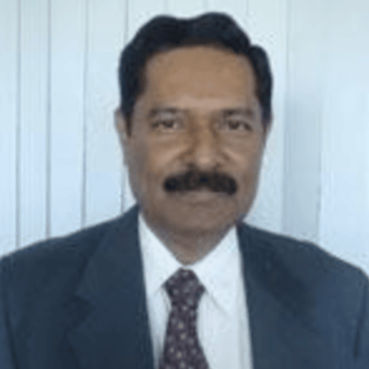Causes and Management of Syncope
Learn about syncope, its common causes, symptoms, and management strategies. Understand how to prevent episodes and when to seek medical care.


Introduction
Syncope, commonly known as fainting, is a sudden and temporary loss of consciousness caused by a drop in blood flow to the brain. While it can be alarming, syncope is often not life-threatening and can be managed with the right care. Let’s explore what causes syncope, its symptoms, and how to manage it effectively.
What Is Syncope?
Syncope is a brief loss of consciousness followed by a quick recovery. It happens when the brain doesn’t get enough oxygen-rich blood, leading to dizziness, lightheadedness, and sometimes a complete blackout. Most people regain consciousness within seconds to minutes.
Consult a Cardiologist for the best advice
Common Causes of Syncope
Syncope can be triggered by various factors, including:
1. Vasovagal Syncope (Reflex Syncope)
- The most common type, often caused by stress, pain, dehydration, or standing for long periods.
- Occurs when the body overreacts to certain triggers, causing a sudden drop in heart rate and blood pressure.
2. Cardiac Syncope
- Related to heart problems such as arrhythmias (irregular heartbeat), valve disease, or heart failure.
- More serious and requires medical evaluation.
3. Orthostatic Hypotension
- Happens when blood pressure drops suddenly upon standing, often due to dehydration, medications, or neurological conditions.
4. Situational Syncope
- Triggered by specific actions like coughing, swallowing, or urinating.
5. Neurological or Metabolic Causes
- Rarely, conditions like seizures, low blood sugar, or anaemia can lead to fainting.
Symptoms of Syncope
Before fainting, you may experience:
- Dizziness or lightheadedness
- Blurred or tunnel vision
- Nausea
- Cold sweats
- Pale skin
- Rapid or weak pulse
If you notice these warning signs, sit or lie down immediately to prevent injury from falling.
When to Seek Medical Help
While most fainting episodes are harmless, consult a doctor if:
- You faint without any warning signs.
- It happens frequently.
- You have a history of heart disease.
- You experience chest pain, shortness of breath, or irregular heartbeat before fainting.
If syncope occurs after a head injury or lasts longer than a few minutes, seek emergency care.
Managing and Preventing Syncope
Simple lifestyle adjustments and medical care can reduce fainting risks. Here’s a guide to managing and preventing syncope:
1. Stay Hydrated
Dehydration can lower blood pressure. Drink plenty of fluids, especially in hot weather.
2. Avoid Triggers
If stress or prolonged standing causes fainting, take breaks and sit down when needed.
3. Change Positions Slowly
Stand up gradually to prevent orthostatic hypotension.
4. Eat Regular Meals
Low blood sugar can trigger fainting. Eat balanced meals and avoid skipping breakfast.
5. Wear Compression Stockings
Helps improve blood circulation in people with low blood pressure.
6. Review Medications
Some blood pressure or heart medications may contribute to fainting. Consult your doctor if needed.
7. Exercise Regularly
Improves circulation and heart health. However, avoid overexertion if you have a heart condition.
Diagnosis and Treatment
If syncope is frequent or unexplained, your doctor may recommend:
- ECG (Electrocardiogram) – Checks heart rhythm.
- Holter Monitor – Records heart activity over 24-48 hours.
- Tilt Table Test – Evaluates how your body responds to position changes.
- Blood Tests – Rules out anaemia, diabetes, or electrolyte imbalances.
Treatment depends on the cause:
- Vasovagal syncope – Lifestyle changes and hydration.
- Cardiac syncope – Medications, pacemakers, or surgery if needed.
Get Your Health Assessed
When to Consult a Specialist
If you experience recurrent fainting episodes, consult a cardiologist or neurologist for a thorough evaluation. Early diagnosis helps prevent complications.
Conclusion
Syncope can be managed effectively with the right approach. Stay informed, take precautions, and seek medical advice when needed.
Consult a Cardiologist for the best advice
Consult a Cardiologist for the best advice

Dr. Sushith C
General Physician
2 Years • MBBS
Bengaluru
PRESTIGE SHANTHINIKETAN - SOCIETY CLINIC, Bengaluru

Dr. Dayanashre N
General Physician
3 Years • MBBS
Bengaluru
PRESTIGE SHANTHINIKETAN - SOCIETY CLINIC, Bengaluru

Dr. Abhishek Rathore
Cardiologist and Electrophysiologist
7 Years • MBBS, MD (Gen. Medicine), DM ( Cardiology ), Post-Doctoral Fellowship in Cardiac Electrophysiology.
Indore
Apollo Hospitals Vijay Nagar, Indore

Dr. Bhethala Sharan Prakash
General Physician/ Internal Medicine Specialist
5 Years • MBBS MD
Bengaluru
PRESTIGE SHANTHINIKETAN - SOCIETY CLINIC, Bengaluru

Dr. Ramamurthy Bingi
Cardiologist
35 Years • MD (Med), DM (Cardiology)
Bengaluru
Apollo Hospitals Jayanagar, Bengaluru
Consult a Cardiologist for the best advice

Dr. Sushith C
General Physician
2 Years • MBBS
Bengaluru
PRESTIGE SHANTHINIKETAN - SOCIETY CLINIC, Bengaluru

Dr. Dayanashre N
General Physician
3 Years • MBBS
Bengaluru
PRESTIGE SHANTHINIKETAN - SOCIETY CLINIC, Bengaluru

Dr. Abhishek Rathore
Cardiologist and Electrophysiologist
7 Years • MBBS, MD (Gen. Medicine), DM ( Cardiology ), Post-Doctoral Fellowship in Cardiac Electrophysiology.
Indore
Apollo Hospitals Vijay Nagar, Indore

Dr. Bhethala Sharan Prakash
General Physician/ Internal Medicine Specialist
5 Years • MBBS MD
Bengaluru
PRESTIGE SHANTHINIKETAN - SOCIETY CLINIC, Bengaluru

Dr. Ramamurthy Bingi
Cardiologist
35 Years • MD (Med), DM (Cardiology)
Bengaluru
Apollo Hospitals Jayanagar, Bengaluru

